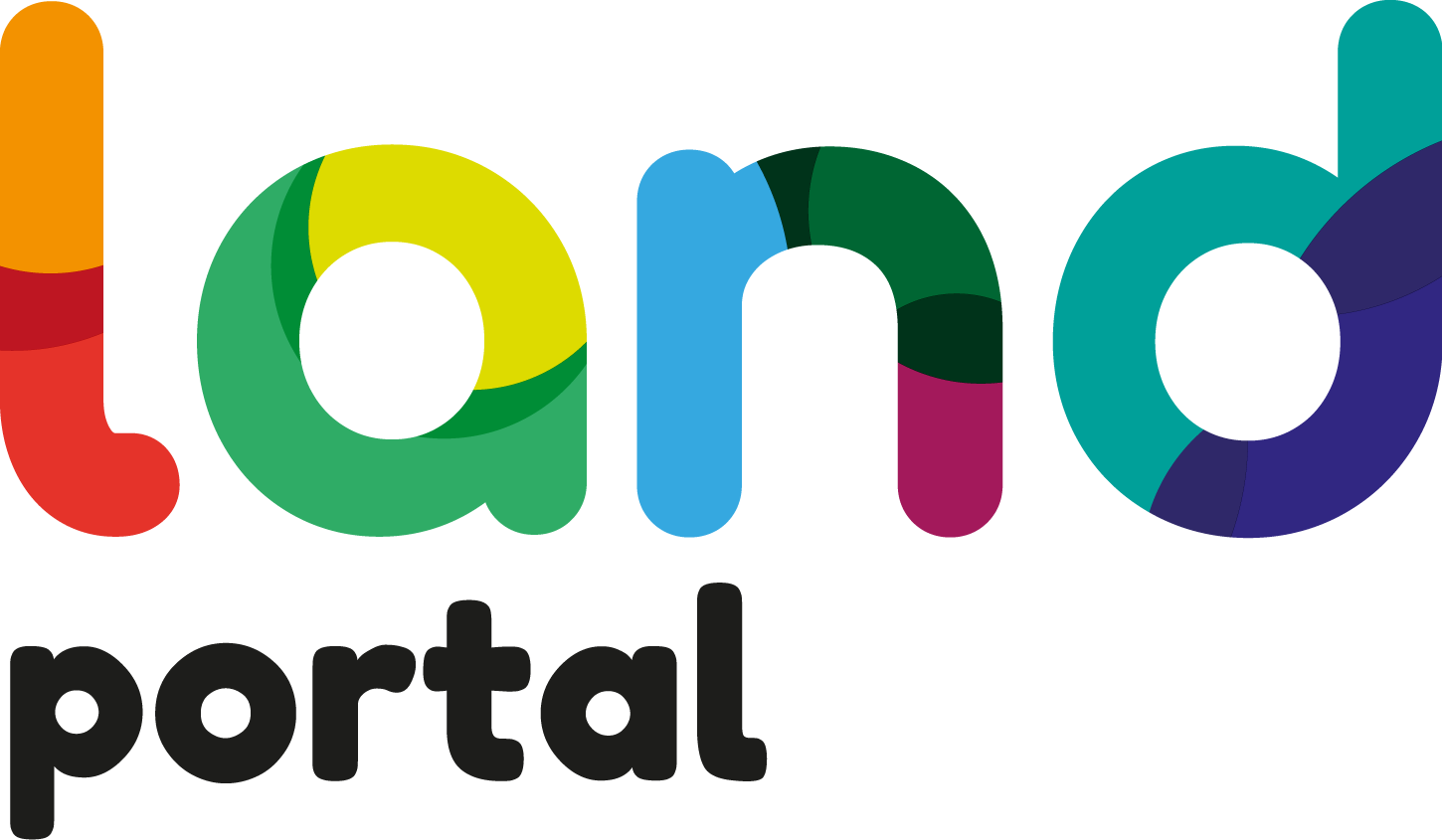Location
The Land Portal is a Foundation registered in the Netherlands in 2014.
The vision of the Portal is to improve land governance to benefit those with the most insecure land rights and the greatest vulnerability to landlessness through information and knowledge sharing.
The goal of the Portal is to become the leading online destination for information, resources, innovations and networking on land issues. Through this it will support more inclusive and informed debate and action on land governance and will increase the adoption and up-scaling of best practices and emerging innovations on land tenure.
Read more about us and join the Land Portal now!
Resources
Displaying 166 - 168 of 168Renforcement des infrastructures d'approvisionnement en eau et d'assainissement de la ville secondaire de Khas
F.a: Gambella Improved Livelihood and Resilience Project
General
Ethiopia is the second largest refugee-hosting country in Africa, sheltering more than 900,000 registered refugees and asylum seekers. Gambella is one of the four regions in Ethiopia which are considered as the country?s least developed regions, characterized by harsh weather condition, poor infrastructure, low capacity of local government, high level of poverty, and very poor development indicators. The refugee influx accelerated the deforestation and degeneration of the ecosystem and had a range of negative environmental impacts and challenges including land degradation and woodland loss. In addition, even though the hosting communities have better access to land and other resource to ensure their food security and livelihood, due to the traditional way of farming that is dependent on rain-fed agriculture, most of them only produce during the rainy season. Therefore, food insecurity and nutritional gaps as well as lack viable economic options to cover their basic needs are some of the major challenges. The project's intended focus is improving the livelihoods of refugees and host communities thereby increasing their resilience and capacity to withstand shocks due mainly to impact of climate change. The project also intends to enhance adoption of climate change mitigation and adaptation practices through strengthening the local environmental and natural resource structures, education, awareness, advocacy, dialogues for gender responsive climate resilience and green economy. Increased awareness is expected to trigger improvement in the adaptive capacity of the communities, and local government to effects of climate change; as well as promote adaption and mitigation practices. Access to climate smart energy technologies and promotion of climate resilient crop and animal production will ensure adequate food production, increased connectivity to renewable energy sources and ensure that women and youth have an improved income as well as contribute reducing carbon emissions. Beneficiaries of the project are South Sudanese refugees in Jewi refugee camp and host communities in the surrounding areas well as the government officials and authorities, UNHCR and NGO's working for refugees in the area. The implementing agency is the Lutheran World Federation (LWF).
F.a: Child Sensitive Social Protection in Somaliland
General
CSSP project will build on progress and learning from the 2017-2021 Child Sensitive Social Protection (CSSP) pilot and seeks to establish and strengthen CSSP systems in Somaliland to contribute to improved and inclusive human capital development for children, with and without disabilities. The project will continue to target Internally Displaced Persons (IDPs) in Hargeisa and expand to non-IDP households in Berbera. Project will enable the most vulnerable children and their families to access a child benefit, complemented with strengthened child and gender sensitivity of the grant through cash plus approaches. The cash plus interventions focus on enhancing behaviour change for parents and caregivers to support achievement of responsive caregiving leading to improved nutrition, education, and overall well-being of children through a CSSP parenting package. In addition, a life skills package will be rolled out with children. The project will continue to work with the Ministry of Employment, Social Affairs and Family (MESAF) in implementation of the child benefit, while simultaneously helping to strengthen the government?s capacity to be able to finance and lead it, in line with the new social protection policy that is currently under development. government led child sensitive social protection schemes. SC will work with local partner, Horn of Africa Voluntary Youth Committees, the central government, local municipalities of Berbera and Hargeisa, and other partners in establishing transparency and accountability mechanisms (community score cards, public hearings, grievance redressal mechanisms) to help the Child benefit beneficiary families access basic services such as health & nutrition, education, and WASH. This will also form the basis for project?s advocacy efforts with actors, including newly elected local councillors/municipalities to lobby for IDPs? land ownership, availability of public services to children and increased government and international investment in CSSP.





